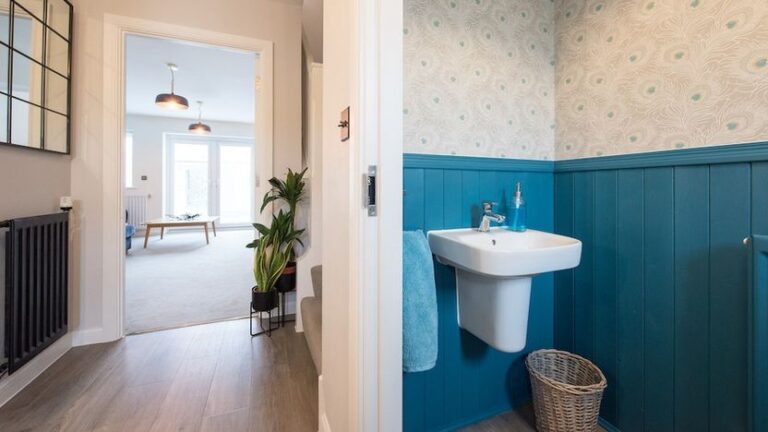In honor of National Homeownership Month this June, get familiar with a few key steps of the homebuying process.
Buying a home is the largest transaction most people will make in their lifetime. It’s an exciting milestone, but the process can be complex.
In honor of National Homeownership Month this June, people getting ready to dive in can heed these helpful tips – the ABCs of achieving homeownership.
A: Align yourself with a trusted advisor
Working with a real estate agent you trust can make a world of difference when buying a home – especially if you’re a first-timer. A trusted advisor will go through the process with your best interests in mind, explain essential industry terms, help determine your priorities, negotiate on your behalf, and do so much more.
Experience is a top quality to consider when you’re choosing which agent to work with. (And look for a full-time professional, too. Your purchase is too important for a part-timer.) Experience can be quantified in a few different ways – like years in the industry, real estate specialties, and neighborhoods they conduct business in. What’s helpful: Not only do RE/MAX agents have the experience to get the job done in today’s market, but they also average more sales than other real estate agents.
Another important component of the trusted professional you choose to work with is their communication style. It’s smart to align with someone who is communicative and easily accessible, and who also outlines their preferred methods of contact during the homebuying process upfront.
B: Be sure your finances are in order
Ultimately, your home purchase is a financial transaction, so it’s best to analyze your financial situation – and get things in order – before you find a house you want to buy. Unless you’ll be paying cash (and if you are, congratulations!), you’ll be working with a mortgage lender who considers factors like credit score, debt-to-income ratio, and more to determine what kind of financing you qualify for.
These factors will be helpful in the pre-approval process, too, where the lender estimates how much house you can afford. This provides a framework for setting a budget and establishing your price range. In this step, make sure to budget beyond the down payment and monthly mortgage payments for the ongoing expenses of homeownership, like maintenance.
C: Consider your options
Before shopping for a house, start by making a list of wants and needs. This can help keep priorities straight as you begin looking at prospective properties that fit your lifestyle and income.
Consider what you need when it comes to space, storage, and outdoor functionality – and be realistic about which locations work for you, and which don’t. That way, you can focus your time and energy touring places that have a higher likelihood of being your ideal match.
Housing inventory and home prices will look different in every market. Curious about current housing market conditions around the U.S.? Check out the latest RE/MAX National Housing Report coverage.
Article originally appeared on RE/MAX.








